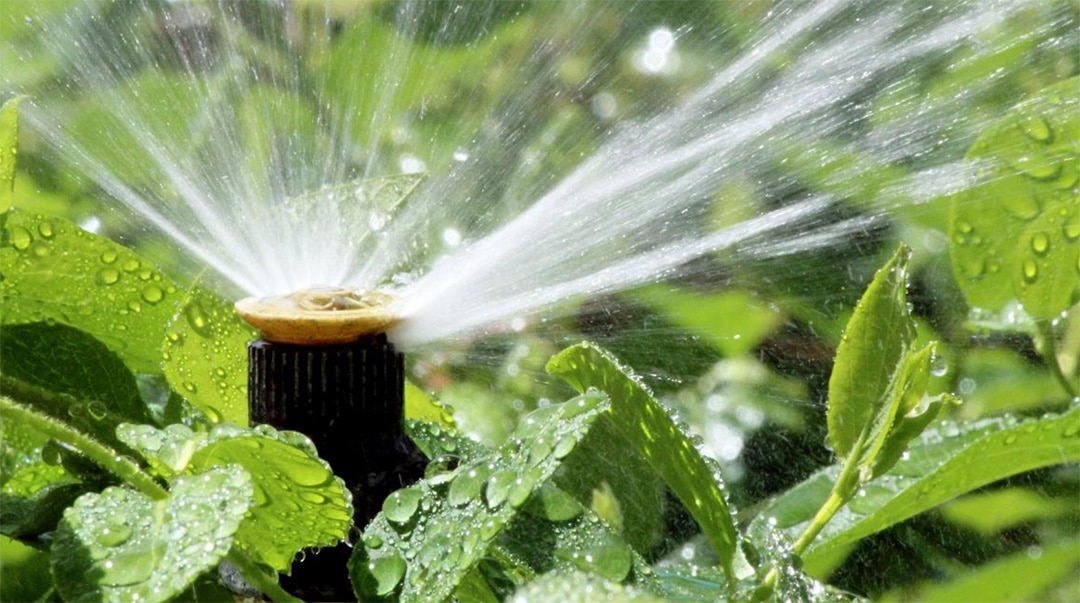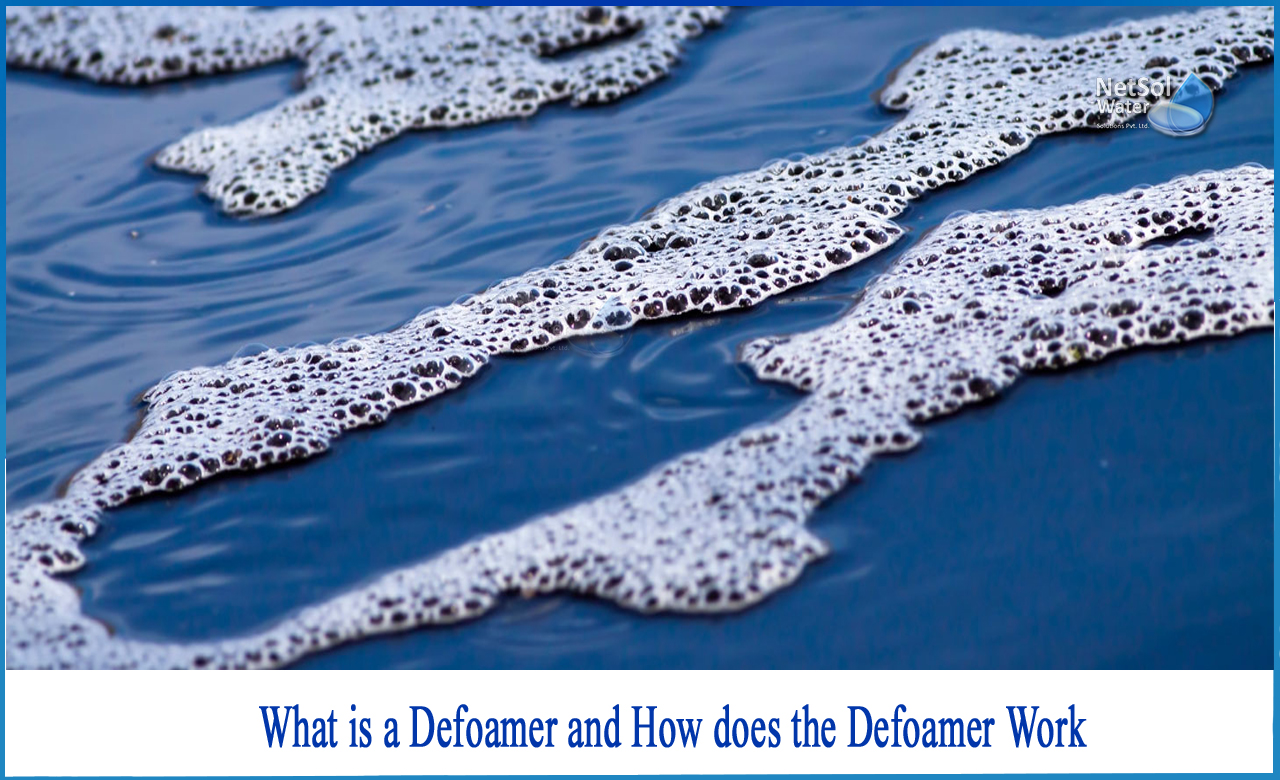The Application of Defoamers in the Pulp and Paper Industry
The Application of Defoamers in the Pulp and Paper Industry
Blog Article
Discover the Top Benefits of Making Use Of Defoamers in Industrial Processes
The application of defoamers in commercial procedures offers a range of engaging benefits that can enhance functional performance and product top quality. By properly managing foam manufacturing, these representatives not only enhance material circulation however likewise add to substantial cost reductions and improved sustainability. Their application extends numerous markets, which questions about their role in mitigating environmental influence while making sure regular result. Recognizing these advantages is important for sectors aiming to refine their procedures. The ramifications of embracing defoamers may be more profound than initially viewed. What specific benefits could your organization harness?
Improved Process Efficiency
Maximizing commercial procedures commonly involves attending to lathering problems, which can hinder operational performance. Foam formation can hinder the proper performance of equipment, decrease the effective application of resources, and make complex the monitoring of important parameters. By implementing defoamers, industries can efficiently minimize these issues, bring about streamlined procedures and enhanced efficiency.
Defoamers work by destabilizing the foam framework, enabling for quick collapse and considerable reduction in foam volume. This action not just enhances the circulation of materials via equipment, such as mixers, reactors, and pipelines, but likewise reduces disturbances triggered by foam overflow. As a result, tools downtime is minimized, permitting an extra continuous and efficient production process.
Additionally, the use of defoamers can lead to reduced power consumption. With less foam to handle, compressors and pumps can run extra efficiently, causing lower operational prices and a total improvement in procedure throughput. Ultimately, the strategic use defoamers not only addresses immediate foaming difficulties yet additionally contributes to an extra efficient commercial environment, promoting an affordable advantage in a demanding market.
Improved Product Quality
The integration of defoamers in commercial processes plays a critical role in enhancing product quality. By successfully controlling foam formation, defoamers contribute to the consistency and uniformity of last items. Excessive foam can result in aeration, which negatively influences the texture and stability of formulas, particularly in industries such as food and coatings, drugs, and drinks.

Moreover, defoamers assist in much better mixing and diffusion of active ingredients, bring about homogeneity in formulas. This is essential in applications where specific active ingredient ratios are vital for performance and security. Additionally, the removal of foam can minimize the threat of contamination throughout manufacturing, further protecting product stability.
Inevitably, by improving product high quality, defoamers not only improve consumer contentment but additionally enhance brand credibility. Their role in keeping high-grade criteria underscores their significance in modern commercial procedures.
Expense Reduction Advantages
Carrying out defoamers in commercial processes can result in substantial cost reduction advantages. By effectively regulating foam formation, defoamers minimize product loss during manufacturing, thus enhancing product use. This decrease in waste translates directly right into lower resources expenses, boosting overall operational effectiveness.
Additionally, making use of defoamers can lower energy consumption. Too much foam can impede devices efficiency, leading to increased power demands to preserve manufacturing levels. By minimizing foam, defoamers assist in smoother operations, enabling equipment to run extra effectively and lowering power expenditures.

In addition, defoamers can shorten handling times. By making use of defoamers, sectors can improve their procedures, leading to faster turnaround times and boosted throughput.

Environmental Effect Mitigation
In commercial processes, the usage of defoamers plays an essential function in mitigating ecological effects connected with foam generation. Foam can lead to substantial operational ineffectiveness, causing raised exhausts and waste generation. By properly managing foam, defoamers help maintain process performance, consequently decreasing the overall check this site out environmental impact of operations.
Furthermore, extreme foam can overflow containment systems, leading to spills that may infect dirt and water resources. Defoamers help decrease this danger by making sure that frothing does not surpass recommended limits, advertising compliance with ecological laws. This positive technique not just safeguards ecosystems however also boosts the sustainability of commercial practices.
Additionally, the usage of defoamers can reduce energy navigate to this site usage in different processes. defoamers. Lowering foam formation diminishes the demand for added energy-intensive measures, such as increased agitation or pumping, which may or else be needed to handle foam. The fostering of defoamers lines up with wider sustainability goals by promoting energy performance while minimizing the carbon impact of commercial activities.
Eventually, incorporating defoamers into industrial operations is a critical step that sustains environmental stewardship and liable source management.
Adaptability Throughout Industries
Across different sectors, defoamers demonstrate remarkable flexibility, adapting to the certain requirements of varied applications. In the food and beverage sector, for circumstances, defoamers are essential to keeping product quality by protecting against foam development during processing, which can impact structure and taste. Similarly, in the pharmaceutical industry, defoamers guarantee the security of formulas, enhancing product efficacy and uniformity.
In the chemical manufacturing world, defoamers assist in smoother procedures by reducing foam in response vessels, therefore improving return and reducing downtime. The paper and pulp sector counts on defoamers to enhance the effectiveness of pulp handling and paper manufacturing, guaranteeing optimal product stability. Furthermore, in wastewater treatment why not look here centers, defoamers play an important function in managing foam during aeration processes, resulting in enhanced therapy results.
The convenience of defoamers prolongs to the oil and gas market, where they aid in handling foam in exploration liquids and manufacturing procedures. By customizing solutions to meet particular sector requirements, defoamers function as essential devices that boost functional performance, product high quality, and general procedure effectiveness across a plethora of markets. Their adaptability emphasizes their value in modern-day commercial applications.
Conclusion
To conclude, the use of defoamers in industrial procedures provides various benefits, consisting of boosted effectiveness, enhanced item high quality, substantial expense reductions, and favorable ecological effects. Their ability to successfully control foam formation adds to functional continuity and resource optimization. Furthermore, the versatility of defoamers across varied markets highlights their critical function in advertising sustainable practices and success. The assimilation of defoamers represents a tactical approach to attending to difficulties related to foam management in various manufacturing environments.
Inevitably, the strategic use of defoamers not only addresses immediate lathering obstacles however additionally contributes to an extra effective commercial environment, fostering an affordable advantage in a demanding market.
In industrial procedures, the usage of defoamers plays a crucial role in mitigating environmental effects linked with foam generation. By efficiently managing foam, defoamers aid keep process efficiency, therefore lowering the overall ecological impact of procedures.
Furthermore, in wastewater therapy facilities, defoamers play an important duty in controlling foam during oygenation processes, leading to improved therapy end results.

Report this page